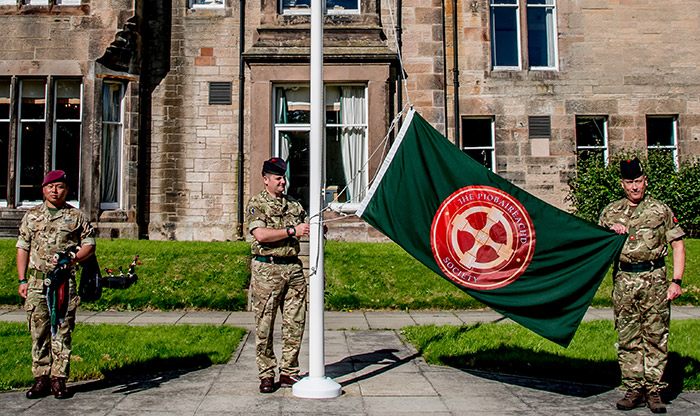
Our new replacement flag was raised on the day of the current All Arms Class 3 Piper and Drummers course prizegiving after what has been a slightly unusual course due to COVID-19 here at the ASBM&HD at Inchdrewer House, Edinburgh.
The majority of the students had no previous experience with their chosen instrument. For the first time in the history of the Army school the first 15 weeks were delivered completely online.
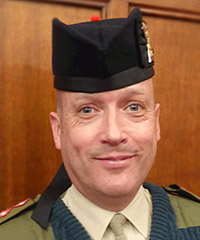
By Major Gordon Rowan,
Director Army Bagpipe Music
This brought with it a number of challenges, however with the hard work and dedication of both students and instructors the ASBM&HD still successfully managed to train 16 pipers and eight drummers for the field Army.
These newly qualified pipers and drummers will return to their units and start what will be new challenges filled with many enjoyable career and personnel opportunities.
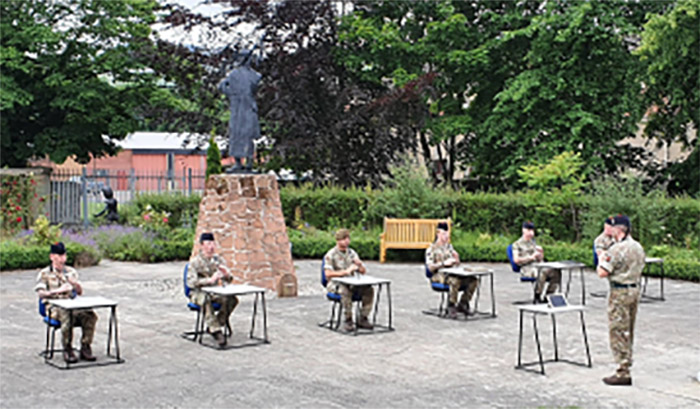
The pictures below show myself, Pipe Major Andy Reid and Top Piper on the course Rifleman Sujan Rai (1 Royal Gurkha Regiment) raising the new replacement Piobaireachd Society and Army School of Bagpipe Music and Highland Drumming flag.
The flag is emblazoned with the Army badge on one side and the badge of the Piobaireachd Society on the other. The ASBM&HD share close links with the Society and have done so for over a hundred years.
Nothing we have today would have been possible if not for the initial vision and subsequent support of the Piobaireachd Society. These links are taught to all students attending courses at the Army school and we cherish those roots each and every day.
The Army School and its founding at the suggestion of the Piobaireachd Society is the subject of a new book by the late Major Diana Henderson. It is due to be published by the Society next year.
Members of the Society can read a paper by former Director of Army Bagpipe Music Major Steven Small given to the Society’s annual conference in 2012. In excerpt: An arrangement was made with the then War Office that the Army would supply the facilities if the Piobaireachd Society paid the instructor. This was agreed and on the 15th October 1910, John MacDonald was appointed instructor for The Army Class.
Although the Piobaireachd Society wanted the Class to be held in Edinburgh, the War Office decided to hold the Class in Cameron Barracks, Inverness. The Passing Out Parade, however, was held at Edinburgh Castle on the 17th January 1911. The class lasted for three months but was deemed too short. The classes were subsequently increased to six months.
John MacDonald complained continually about the facilities and the lack of inspections by the Piobaireachd Society (mainly due to the distance between Inverness and Edinburgh), so on the 5th January 1914, the Class moved to Edinburgh Castle. The accommodation, however, was really no better than that of Cameron Barracks.
The 1914/15 Class did not assemble due to the outbreak of World War I. In 1919, Pipe Major William Ross (ex Scots Guards) was appointed as Instructor to The Army Class on the 20th January 1920.
Pipe Major Willie Ross remained at the Castle until 1957, when at the age of 78 he became too ill to continue. The 1957/58 class was completed by Pipe Major George Stoddart BEM, The Royal Scots Fusiliers, Pipe Major of The Lowland Brigade. The following class was taken by Pipe Major Donald MacLeod, The Seaforth Highlanders, The Highland Brigade Pipe Major.
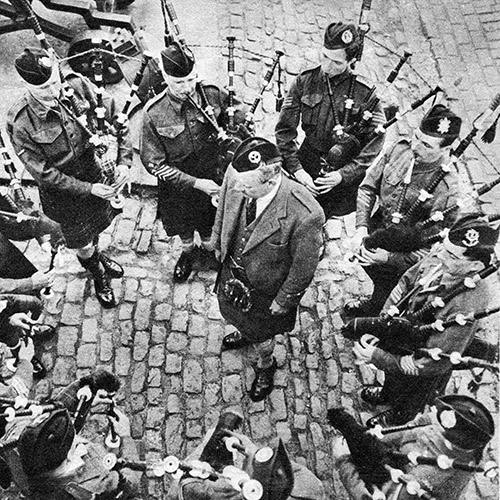
It became clear that Willie Ross would be unable to continue. The Piobaireachd Society also said they would be unable to afford to replace their instructor at an up-to-date salary and provide Pipe Major Ross with a pension.
In early 1959, a meeting took place between the Piobaireachd Society and the Army to discuss the way forward. Lt Col (then Major) D.J.S. Murray, Cameron Highlanders, an amateur piper who played like a professional, was asked to prepare a paper, which would be the ground plan for The Army School of Piping.
The scheme in outline was to appoint a full time military instructor to teach on a much broader basis to a variety of classes and standards at a school of piping to be wholly funded, managed and disciplined by the Army and by October 1959 The Army School of Piping was formed. Pipe Major (WO1) John A. MacLellan was appointed as Chief Instructor and it may be of interest to know that John MacLellan was RSM of the 11th Seaforth Hldrs and had turned down a commission to be appointed to the School.
John MacLellan remained as Pipe Major until 1968 when he was commissioned and appointed the first Director of Army Bagpipe Music (DABM). The School’s title also changed at this time to The Army School of Bagpipe Music.
- Membership of the Piobaireachd Society is open to all with an interest in the classsical music of the pipes. Join here.
-
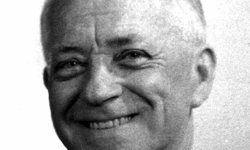 Donald MacLeod Tunes – ‘Play Along’ Lessons£2.00 – £2.50
Donald MacLeod Tunes – ‘Play Along’ Lessons£2.00 – £2.50 -
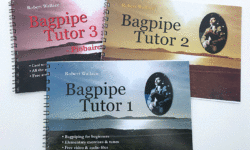 10 Tutor Books for Schools/ Bands/ Trade£105.00
10 Tutor Books for Schools/ Bands/ Trade£105.00











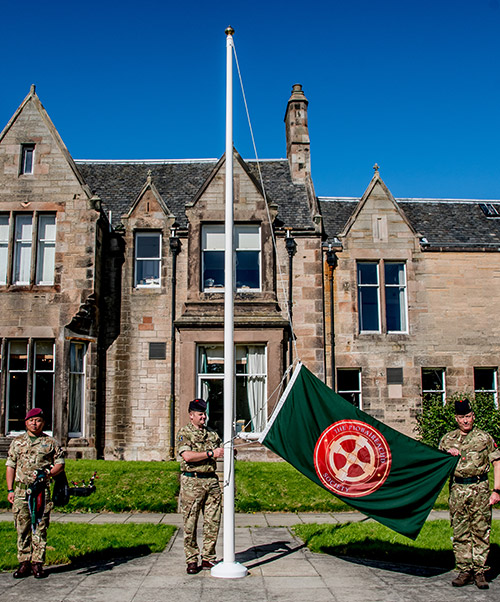
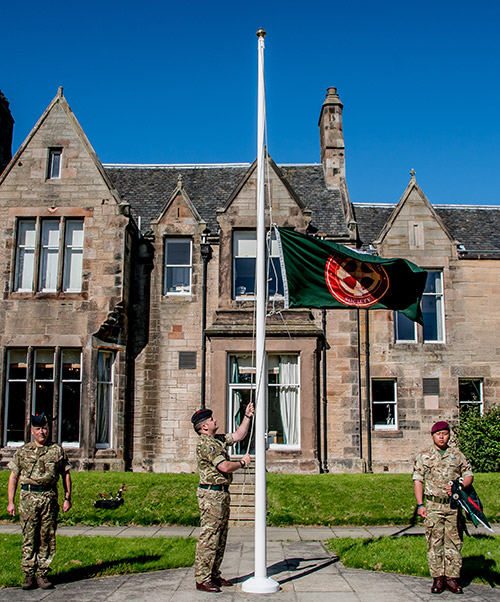
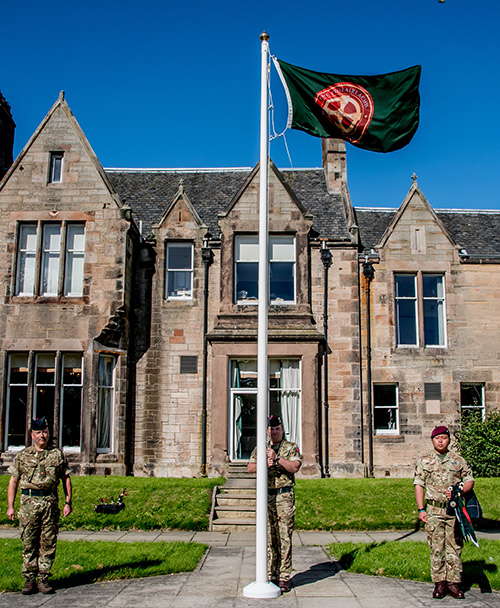
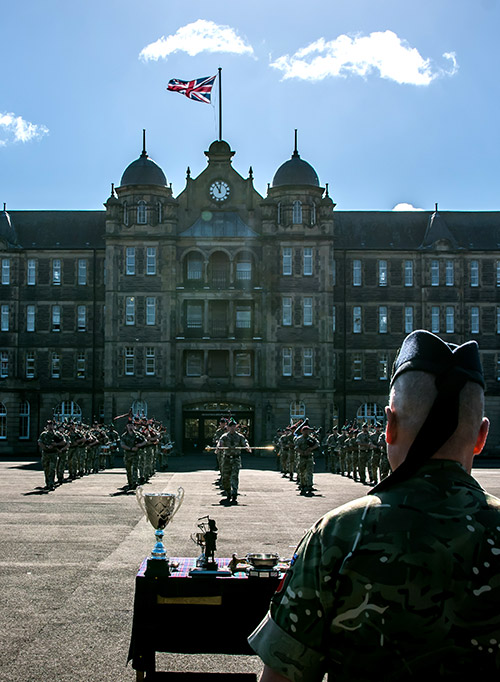
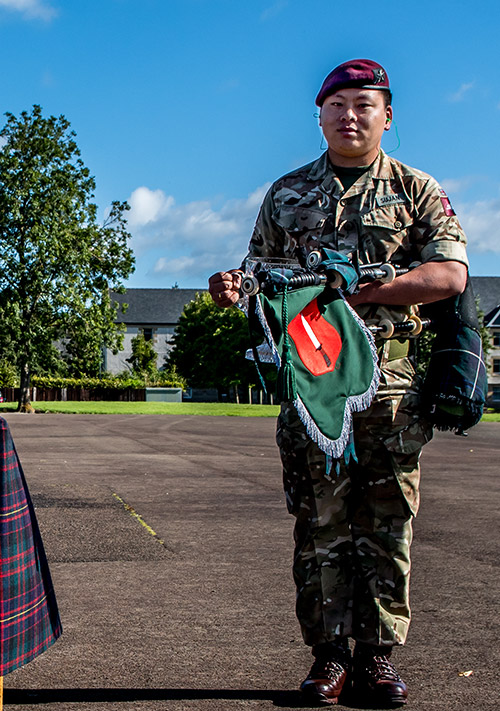
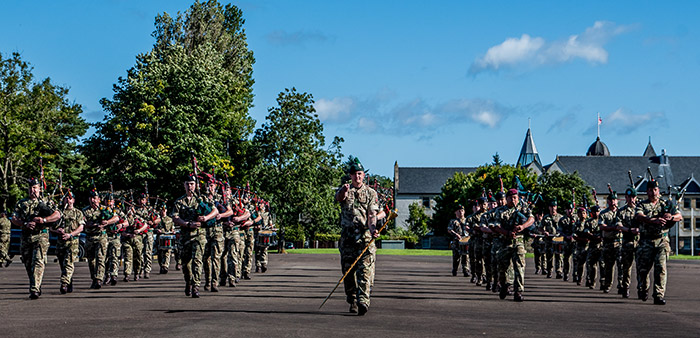








Loved the article can’t wait for the book to be released!
My one bone of contention is that it gives the impression that the school ceased during WW 1. However it continued during the war years with P/M John Grant from 1914-18 and Willie Ross took over in 1919. Why has the army washed its hands of the work P/M Grant did during the war years?